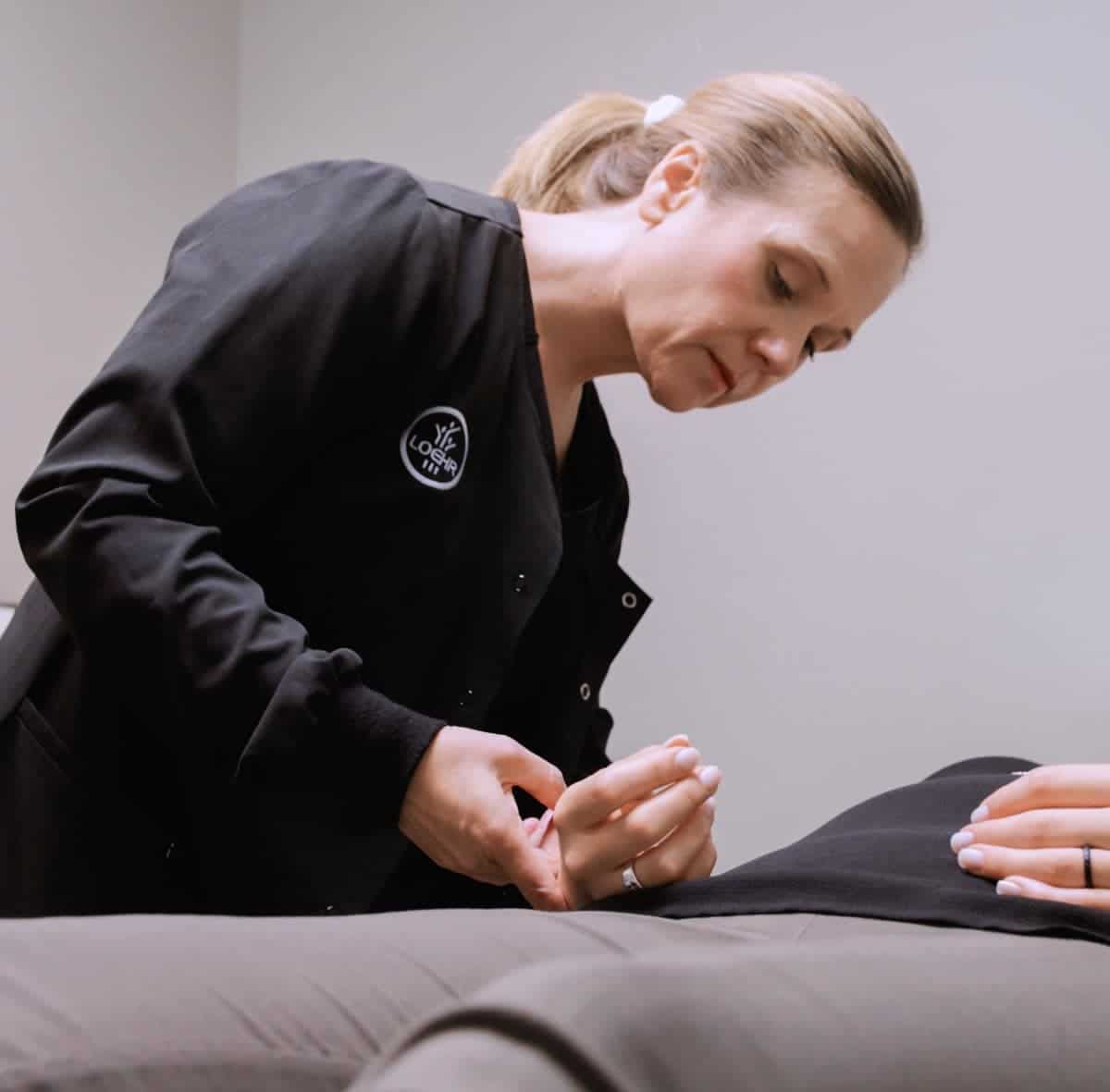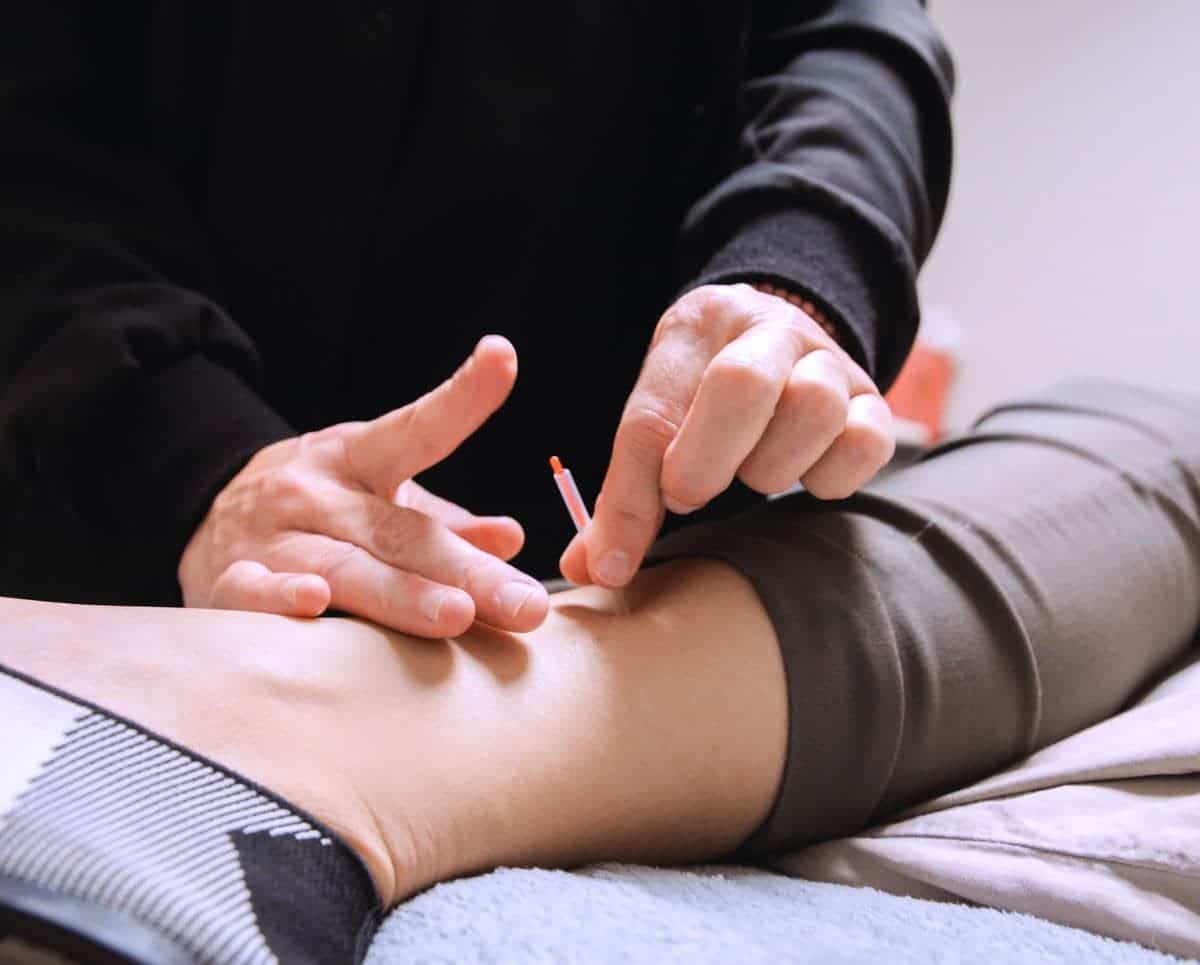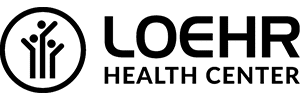How do you know acupuncture is right for you?
01
You’ve accepted that your symptoms will never decrease.
02
Articles online have told you that medication is your only option.
03
You’ve been told to, “relax,” but nothing works.
04
You want to be the healthiest version of yourself.
What can acupuncture help alleviate?
By restoring energy flow, acupuncture treatment stimulates the body’s own healing responses, supporting its ability to regulate itself and correct imbalances in function. This leads to improved health, healing, and emotional well-being and means that acupuncture can be utilized in the treatment of a variety of health concerns.
Acupuncture can help improve a range of health conditions including:
- Migraines and headaches
- Chronic pain
- Depression, anxiety, and other psychological conditions
- Infertility
- Allergies
- Insomnia and other sleep disorders
- Muscle and nerve pain
- Stress
- Menstrual issues and other hormonal imbalances
- Smoking cessation
- Weight loss
- Irritable bowel syndrome and other gastrointestinal issues
- Overactive bladder
- Fibromyalgia
- And more!
How does acupuncture work?
Explanations for how acupuncture works vary. The most up-to-date research suggests that stimulating specific areas of the body (known as acupuncture points) prompts the release of endorphins into the muscles, spinal cord, and brain. Often referred to as the brain’s feel-good chemicals, these neurotransmitters alter how we experience pain and trigger other hormones that influence the body’s own internal regulating system.
The classical Chinese explanation of acupuncture treatment is a bit different. According to the teachings of traditional Chinese medicine, energy channels called meridians run throughout the body. Separate and distinct from the more familiar veins, arteries, and nerves, these channels flow through the body, nourishing the organs and tissues by moving energy called “qi” (pronounced “chee”) that is vital to a person’s health and well-being.
Any obstruction of the meridians or interference in the movement of the qi can lead to dysfunction in the body, because the organs and tissues are no longer receiving the nourishment that they require to function effectively. Acupuncture works by removing the blockages, clearing the meridians to help the energy flow smoothly.

Our Acupuncture Specialties
How does acupuncture improve health?
While researchers are busy delving into the subject, it is difficult to measure what we know about acupuncture or to explain exactly how it works in scientific terms. While there are various theories, we do know one thing for certain: it has been practiced for thousands of years because it is a holistic, safe, and effective medical technique.
Understanding Acupuncture
While scientists may find it hard to quantify, healthcare professionals have noted that acupuncture seems to provide the following benefits:
Homeostasis.
Homeostasis is a fancy, multisyllabic word for being stable or ideally balanced, and it’s what is required for the human body to function at its best. Acupuncture helps the body achieve homeostasis by supporting the body’s ability to regulate its functions and correct any hormonal or chemical imbalances.

Stress Relief.
Stress is a common problem in modern life, and few would disagree that it has detrimental effects on the body. Acupuncture has a calming effect that can decrease stress, providing protection from the damage chronic stress causes over time.
Reduced Inflammation.
Inflammation is part of the immune system’s natural response to injury or illness, but too much of it creates trouble for the body. In fact, research has shown that persistent inflammation can lead to several serious health conditions, including cardiovascular disease, cancer, diabetes, fibromyalgia, and Parkinson’s disease. Acupuncture decreases this problematic inflammation, which in turn reduces pain and promotes the body’s natural ability to heal.
FAQs
Considered a form of complementary medicine here in the United States, acupuncture is a time-tested practice that is increasingly embraced by the modern medical community thanks to a growing body of medical research that has demonstrated both its safety and its effectiveness. However, acupuncture can seem a little odd to people who are used to Western medicine.
More people have been successfully treated with acupuncture than with all other health modalities combined. If that seems hard to believe, consider this: Acupuncture has been used for more than 2,000 years to treat a wide array of health issues.
Acupuncture, a form of traditional Chinese medicine, is now practiced all over the world. It can be utilized as an independent healing modality or combined with adjunctive treatments like chiropractic care, energy healing, and our conventional Western medicine. In fact, it is becoming increasingly common for Americans to hear their doctors recommend acupuncture. This time-tested wellness tool is enjoying growing acceptance from our modern healthcare system as a type of complementary medicine.
Acupuncturists practice natural medicine by evaluating the body from a holistic perspective. They utilize sterile needles to stimulate different areas of the body and encourage the body’s natural ability to self-heal.
The thought of getting stuck with a needle makes many people wince, but acupuncture needles are thinner than those commonly used for injections and vaccinations.
Often called, “the painless needle,” Chinese acupuncture needles are thinner than a piece of human hair. They are much thinner than the ones used for injections and do not have a tip on the end of them, so they do not tug like an injection needle.
People experience acupuncture needles differently. Some patients report feeling no pain; others feel minimal discomfort as the needles are inserted. Most people describe acupuncture as being simultaneously very relaxing and refreshingly energizing.
Acupuncture needles are extremely thin and are typically inserted just one to three millimeters into the body. While they are being placed, some people feel nothing. Others report minimal discomfort. During treatment, you may feel nothing at all. Alternately, you may experience sensations like warmth or tingling as the energy balances out.
The needles come individually pre-packaged and pre-sterilized. Our licensed acupuncturists follow recommended procedures to clean and sterilize the environment the needles are handled in also.
Everyone responds differently to acupuncture, so the exact timing depends on your body’s needs. The insertion of the needles typically happens fairly quickly. Once the needles are in place, you can simply relax while they draw in energy. After 10 to 60 minutes, the needles are removed.
Acupuncture points can be found on both the front and back of the body. If points on your front are being targeted, you will be asked to rest on your back. When needles are inserted in the back, you will be asked to lie on your stomach. Sometimes only one side of the body is treated. On occasions when both the front and back are to be treated, there will be two rounds of treatment.
Everything evolves over time, and acupuncture is no exception. Much like artists use their experience and talents to create new styles of art, Tom Tarn, Richard Tan, and other notable practitioners have developed different styles of acupuncture based on their clinical experience and studies. The following are the two styles you are most likely to encounter:
- Traditional Chinese Medicine Acupuncture: This style is the one in which most acupuncturists are initially trained. The foundation for acupuncture techniques and treatment protocols, it encompasses a broad range of treatments. Modern clinical studies are usually focused on this style.
- Five-Element Acupuncture: Popularized by J.R. Worsley, this is a specialty style which expands on the groundwork established by traditional Chinese medicine acupuncture. This advanced needling style tends to place more emphasis on the psyche of a person and its impact on healing.
At Loehr Health Center, formerly Loehr Chiropractic & Acupuncture, we offer the following acupuncture styles, including:
- 5 Element Acupuncture
- Traditional Chinese Medicine (TCM)
- Dry Needling
While these are the most common styles, others exist. Your acupuncturist may use a different style that better suits your condition.
If there is a specific style of acupuncture that you are seeking, please tell your New Patient Coordinator upon enrollment. This will help us match you to the provider that is trained in the style you are looking for.
Coverage varies based on your insurance plan. We are in-network with select companies, but acupuncture is not covered on most plans. We will run your insurance benefits prior to your first appointment, so that you know what is covered before receiving treatment. Please call the office for current acupuncture pricing.
The number and frequency of treatments required depends on the patient’s unique health situation and their personal wellness goals. Acute problems may need only four or five treatments. For chronic or longstanding health ailments, a regimen of two to three treatments per week for several months may be required. Individuals who simply want to maintain their current health can often benefit from just three or four treatments a year.
Determining how many treatments you will need begins with an initial consultation with one of our acupuncturists. After this consultation, you will receive a Report of Findings. This provides an opportunity to discuss what your provider has found based upon your exam, health history, and any additional information presented. The Report of Findings also includes the number of treatments suggested by the acupuncturist for your unique situation.
As a general rule, many patients notice that the symptoms of their condition begin to improve within three to ten treatments. While the symptoms may decrease during your first few appointments, additional visits may be necessary to alleviate the cause of the condition.





